The Localization of the SDGs and post-pandemic recovery through enhanced multilevel governance
Title Accelerating progress towards the localization of the SDGs and post-pandemic recovery through enhanced multilevel governance
Duration February 2021 – July2022
Partners UN-Habitat, United Cities Local Governments, Brookings Institution, London School of Economic
Funding German Federal Ministry for Economic Cooperation and Development (BMZ) and German Agency for International Cooperation (GIZ)
Context
In the context of the pandemic recovery, it is now more important than ever that central governments, local governments and actors active in the territories coordinate effectively to achieve the Sustainable Development Goals at the local level. In march 2022, UN-Habitat constituted a knowledge partnership that includes United Cities Local Governments, Brookings Institution, London School of Economics and the ARCO research centre collaborating in order to share knowledge, expertise and experience on the topics of Multilevel Governance for SDGs implementation and SDGs localization.
Previously, UN-Habitat has consolidated and alliance with the German Agency for International Cooperation (GIZ) and the German Federal Ministry for Economic Cooperation and Development (BMZ) on SDG localization, specifically looking at multilevel governance as leverage to accelerate implementation of the Global Goals.
General Objective
The project ‘Accelerating progress towards the SDGs and post-pandemic recovery through better multilevel governance’ aims to provide local and national governments with knowledge, examples and practical guidance on how to improve their multilevel coordination mechanisms for achieving the Sustainable Development Goals.
In particular, the research explores how effective multi-level governance systems can promote the implementation of the 2030 Agenda at the local level, and thus, a sustainable, green and inclusive post-pandemic recovery.
Our contribution
ARCO researchers developed an innovative analytical framework to describe the link between the various components and processes of multilevel governance and the localisation of the 2030 Agenda through an analysis of literature, reports and documents from international organisations and academic articles on the topic.
This framework was then applied to a number of international case studies identified through a thorough desk review and discussion with knowledge partners. In order to deepen the knowledge of the selected case studies – Argentina, Philippines, Ghana, Jordan, Italy – ARCO conducted in-depth interviews with representatives of each country’s national government, local government associations and local authorities to understand which internal systems countries have in place to foster multi-level governance for sustainable development.
The research was presented during the panel ‘Multilevel Governance: Accelerating progress towards post-pandemic recovery’ organised in the context of the ‘UN-Habitat at the HLPF’ event in parallel to the UN High-Level Political Forum sessions.
To read an extract of the final research, browse below:
Read more on our Local Development Unit
Related Projects
-

Social Impact Evaluation of the project “Housing Plus!” to contrast adult homelessness in Rome
-

Osteria Social Club, SROI evaluation of the social housing intervention of the Urban Housing Coop Net network
-

Mapping of social and health third sect organisations in inland areas of Tuscany for the TUSCANY HEALTH ECOSYSTEM – SPOKE 10 project
-

Action-research for the territorial development of the Casentino Valley
-

Social impact evaluation using the SROI methodology of small cocoa producers in Ecuador
-

Betting on the Future: Youth and Territory in the Empolese Valdelsa Municipalities
-
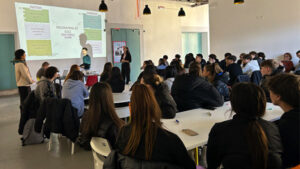
Generation 2030 training for local authorities on youth participation for sustainable development
-
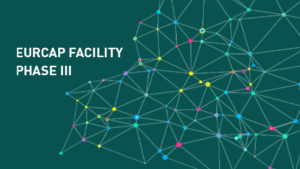
Capacity Building European Facility for the Readmission of Migrants – EURCAP, Final Evaluation
-

Voluntary Local Review of the Metropolitan City of Rome
-
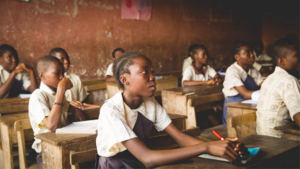
Evaluation of Dare to Hope, a project to create socio-economic alternatives to migration in Nigeria
-

Territorial analysis for the recovery of the historic village of Villa Saletta
-

Territorial analysis for the enhancement of the Medici Gardens of Pratolino
-
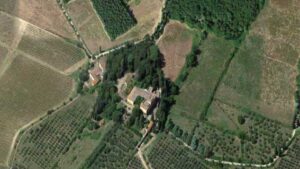
Studies and research for the eco-sustainable recovery, renovation and functionalization of the Villa Mondeggi Estate
-
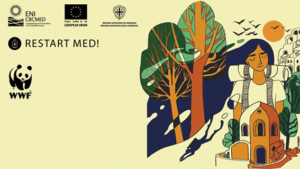
RESTART MED! capitalisation for the promotion of sustainable tourism in the Mediterranean
-
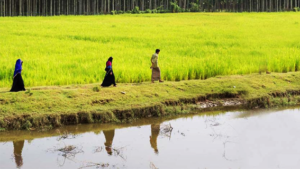
Evaluation of the project that fosters mainstreaming migration into international cooperation and development policies
-

Evaluation of the project INside AUT promoting the autonomy of persons holding international protection
-

SDGs Localisation Strategies and Local Development in Tunisia
-
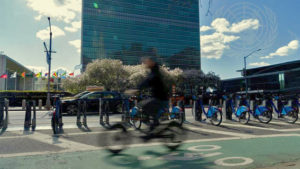
The Localization of the SDGs and post-pandemic recovery through enhanced multilevel governance
-
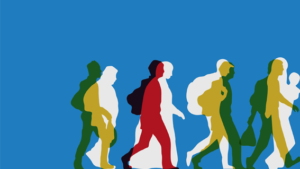
Migration and the localisation of SDGs: the role of diaspora associations for sustainable development
-
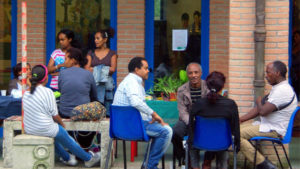
Final evaluation of the IOM project on municipalities and migration mainstreaming in Italy and Albania
-

Territorial analysis for the valorisation strategy of Atelier Marco Bagnoli and the association Spazio X Tempo
-
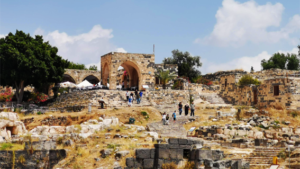
Mid-term evaluation of the MED GAIMS project for tourism promotion and preservation of cultural heritage in the Mediterranean
-

Territorial and socio-economic diagnostics for the Intermunicipal Structural Plan of Valdisieve
-

Evaluation of the CROSSDEV project to promote sustainable tourism in the Mediterranean
-

The Tuscan System of International Cooperation for the 2030 Agenda for Sustainable Development
-
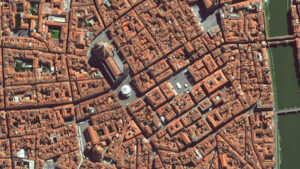
SDGs Localization for the 2030 Agenda for Sustainable Development for the Metropolitan City of Florence
-
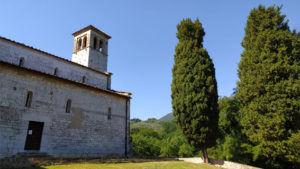
Development of sustainable tourism to preserve and enhance the Romanesque cultural heritage in Tuscany with Itinera +
-

SDGs localization to design sustainable development strategies | ARCO
-
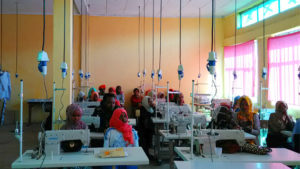
Mid-term evaluation of the project to contrast irregular migration in Ethiopia
-
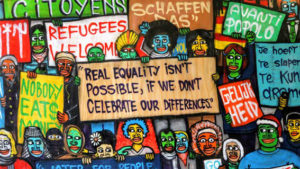
Evaluation of the SPRAR projects managed by ARCI Toscana
-
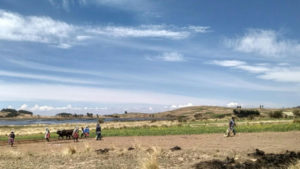
ECO.COM: strengthening local economic development in Bolivia
-
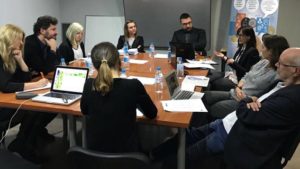
Cycle: il progetto per integrare l’economia circolare nella formazione per adulti
-

Need assessment to foster social inclusion in Tuscany
-

RB Tex: the new ethical label for the textile industry
-

Investigating the link between migration and development in Italy
-
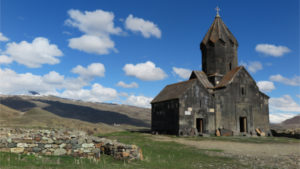
Action-research for ecotourism development in Armenia
-

Increasing the sustainability of the local handicraft sector in Bethlehem
-
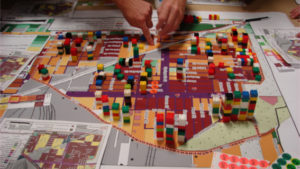
Strategic Plan of the Metropolitan City of Florence 2030
-
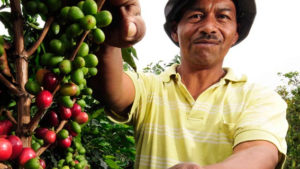
Impact evaluation of coffee cooperative in the Dominican Republic